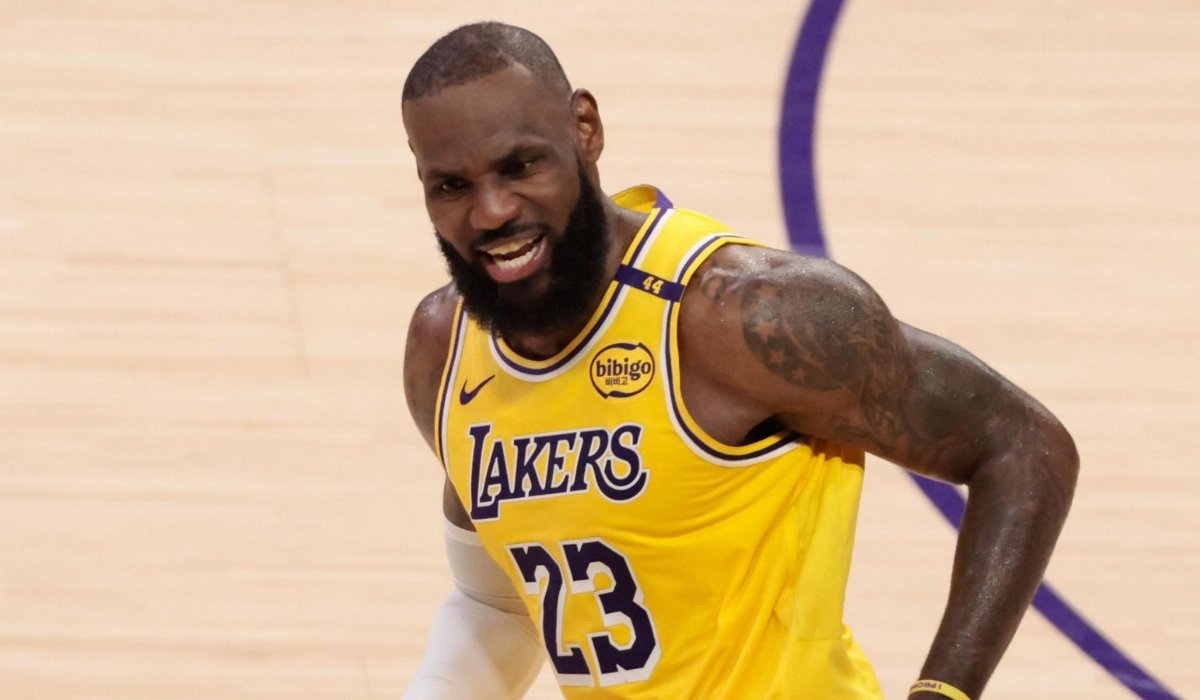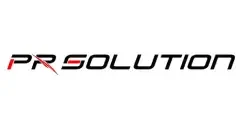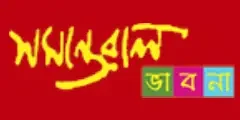China is subtly reopening the door to U.S.–China cultural exchange through sports. As the NBA returns to Macao next month, it’s acting as a strategic soft-power move to ease growing trade friction between the world’s two largest economies.
On 10th and 12th October, 2025, the Brooklyn Nets and Phoenix Suns are scheduled to play preseason games at Macao’s Venetian Arena. It significantly marks the NBA’s return to Chinese territory for the first time since the fallout over a tweet by Daryl Morey in 2019.
These matchups are part of a multi-year collaboration between the NBA and Sands China Ltd., aimed at regaining the league’s presence in the region.
This comeback occurs against the backdrop of escalating U.S.–China trade tensions. Former President Donald Trump had proposed steep tariffs on Chinese goods, which elicited retaliatory threats from Beijing. Though the president delayed them by 90 days, negotiations stay in delicate array. Along with a potential summit between U.S. and Chinese leadership that might be around the corner.
Amid these geopolitical pressures, the NBA’s return offers an alternate path—one rooted in culture rather than coercion—to revive dialogue and mutual engagement.
Adding significance to the moment, LeBron James said, in China’s official state newspaper, “Basketball is not only a sport but also a bridge that connects us.” Wherever tension rose when he was the first NBA player to write for the party-run publication.
However, later it was declared that James did not write any op-ed for publication; rather, it was a compilation of various interviews he had given to the reporters in China.
“It’s super humbling for me to be able to come here, so far away from home, and get the reception and the love. I just wanted to pour it back to the community and to this country,” Xinhua, the official news agency, published about James as he wrapped up his visit in Chengdu.














